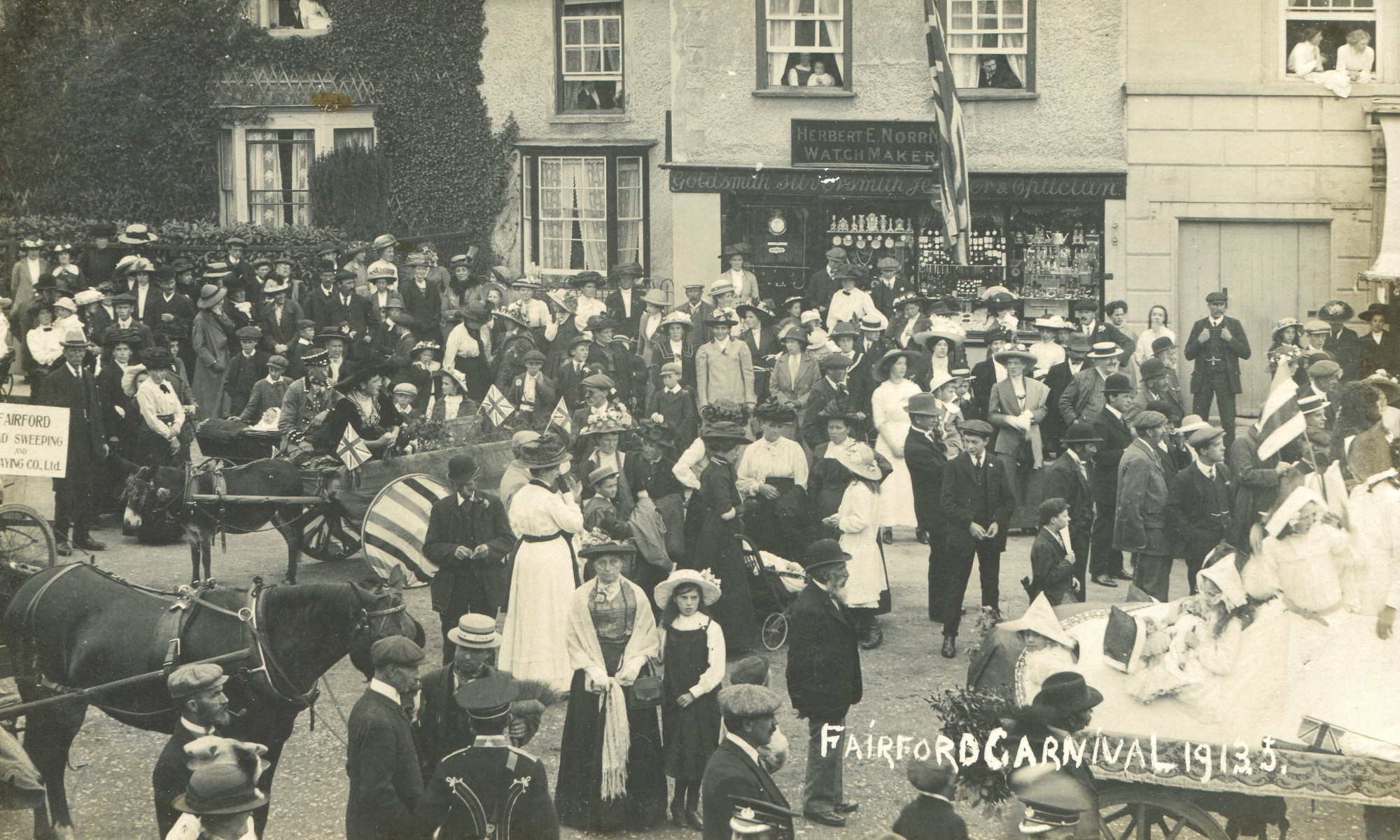Tim Porter’s account of the arrival and the consequences of the Black Death for England provided an excellent and thought provoking study. He cast doubt on many of our certainties – for example he insisted there was no evidence that the disease that reached these shores, probably from Gascony in the late 1340’s, was in fact bubonic plague even if some of the numerous later plagues certainly were. He noted the timing of the plague and the outbreak of the Hundred Years War with one that consequence that war was postponed for a time.
What particularly impressed about the talk was its wide-ranging perspectives. For example the issue of climate was important – in the early 14th century there was a period of cold with miserable summers and seriously reduced harvests. The effect was a population with reduced resistance to disease. A significant conclusion was that where people have assumed deserted villages must have been produced by the Black Death in fact very few can be shown to be directly connected or there were more significant factors. So the loss of population through famine and plague created a situation where farmers abandoned agriculture and turned to raising sheep. Sheep required fewer farm workers so many peasants left the land and moved into towns. A linked factor was that this surplus labour had more freedom to choose what employment they took up. Previously they had been tied to the land and had to do what their masters dictated.
An intriguing aspect of the subject was the church’s struggle to find a theological explanation for the plague. They tended to fall back on explanations about God’s justifiable anger with mankind’s behaviour but the democratic range of death when the good and bad alike suffered made such explanations inadequate.
